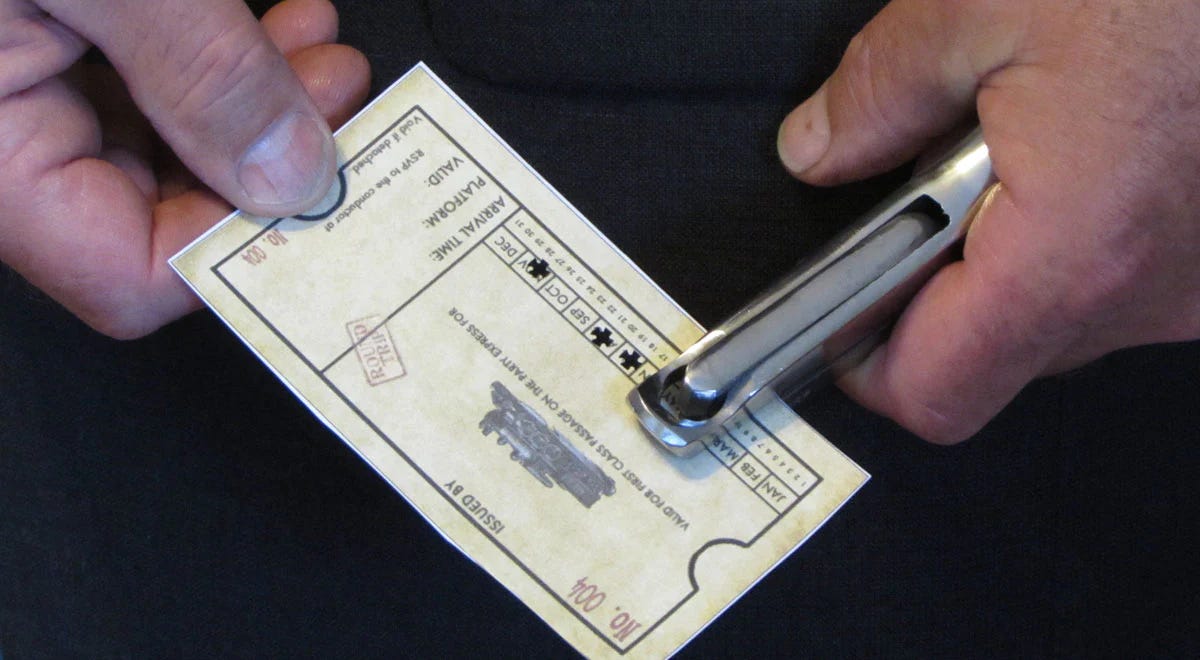Why we're bad at investing part 9: We can't sit still
Does it feel like the world is crashing all around you? Don't just do something, sit there.
“Men who can both be right and sit tight are uncommon. I found it one of the hardest things to learn. But it is only after a stock operator* has firmly grasped this that he can make big money.”
—Edwin Lefevre, Reminiscences of a Stock Operator
After a seemingly endless list of reasons you might be a bad investor, I’m saving the one that will likely be your biggest challenge for last. Of all of the factors that trigger our worst impulses as investors, liquidity provides the largest temptation to misbehave. It’s the mechanism through which you can indulge so many of the biases described in earlier posts, taking impulsive actions that can cause permanent damage to your wealth.
Liquidity is the ability to quickly turn an asset into cash. As you can imagine, it can be quite an advantage to have the bulk of your wealth in liquid form.
It’s also a leading cause of investment mistakes.
Private vs Public Pitfalls
A private business is one of the most illiquid assets you can own. For better or worse, an investment in a private business is a commitment from which you can’t easily escape.
But publicly traded equities (which of course are really just pieces of businesses) are one of the most liquid assets you can own.
These two assets are the exact same thing—an ownership interest in a business—but the element of liquidity is enough to make the ownership experience for each completely different.
In theory, liquidity is amazing. Wouldn’t it be grand if you could sell your business in a matter of minutes without having to deal with investment bankers, or sell your home without real estate agents?
However, in practice, liquidity allows us to act instantly on our worst impulses as investors.
Move Fast and Bankrupt Yourself
There’s an old saying in the investment world: everyone is a long-term investor until they start losing money. And the easier it is to sell, the more you will be tempted to do so.
In that sense, liquidity is like a loaded gun. It’s extremely powerful and at the right time, a potential lifesaver. But in the wrong hands at the wrong time it can cause irreparable harm.
The famous Facebook corporate motto “Move Fast and Break Things” is a great philosophy if your goal is to foster innovation.
But it is the antithesis to intelligent investing.
Investors need to be patient. They have the luxury of waiting for the right opportunity, and then wait for an investment thesis to play out. Overactivity in the form of excessive trading and chasing returns can be deadly.
The business world rewards pushing boundaries and experimentation, but investing often punishes it. The riskiest investments are the most volatile, and so losses can be experienced swiftly. This allows emotions to get the best of us and forces errors.
When you feel the urge to act… don’t. One of the keys to success in investing is to minimize the number of decisions you have to make. The more decisions you make, the greater the chance you will make a mistake. And those mistakes can be costly.
Warren Buffett has gone so far as to use an example of a punch card with only 20 investments you can make over your lifetime. Think very hard before committing your capital, because you are punching your card. Although your investments might be liquid, you want to treat them as if they were illiquid.
Worse, overtrading is the enemy of compounding investment returns. You will buy and sell at the wrong time—there’s simply no way around it. Even the greatest investors in the world do it.
Private investor Anthony Deden of Edelweiss Holdings describes it this way: “the more frequently you look at something, the more frequently you second guess why you own it, and what else you could own instead.”
The more decisions we make, the greater the chance of making a mistake.
This is compounded because we make poor decisions under stress. Research shows that elevated cortisol levels (an indication of biological stress) are associated with higher portfolio turnover. The same elevated levels are associated with judgment errors and stress in social settings.
Essentially, the times when you might most feel the need to buy and sell are the precise times you shouldn’t be doing those things.
It goes against so much of our human nature, but the fact is that in times of stress (like a market crash), the counterintuitive truth is that the best thing you can possibly do is nothing.
Gain mastery over liquidity. It can make it far too easy for you to do the wrong thing at exactly the wrong time.


